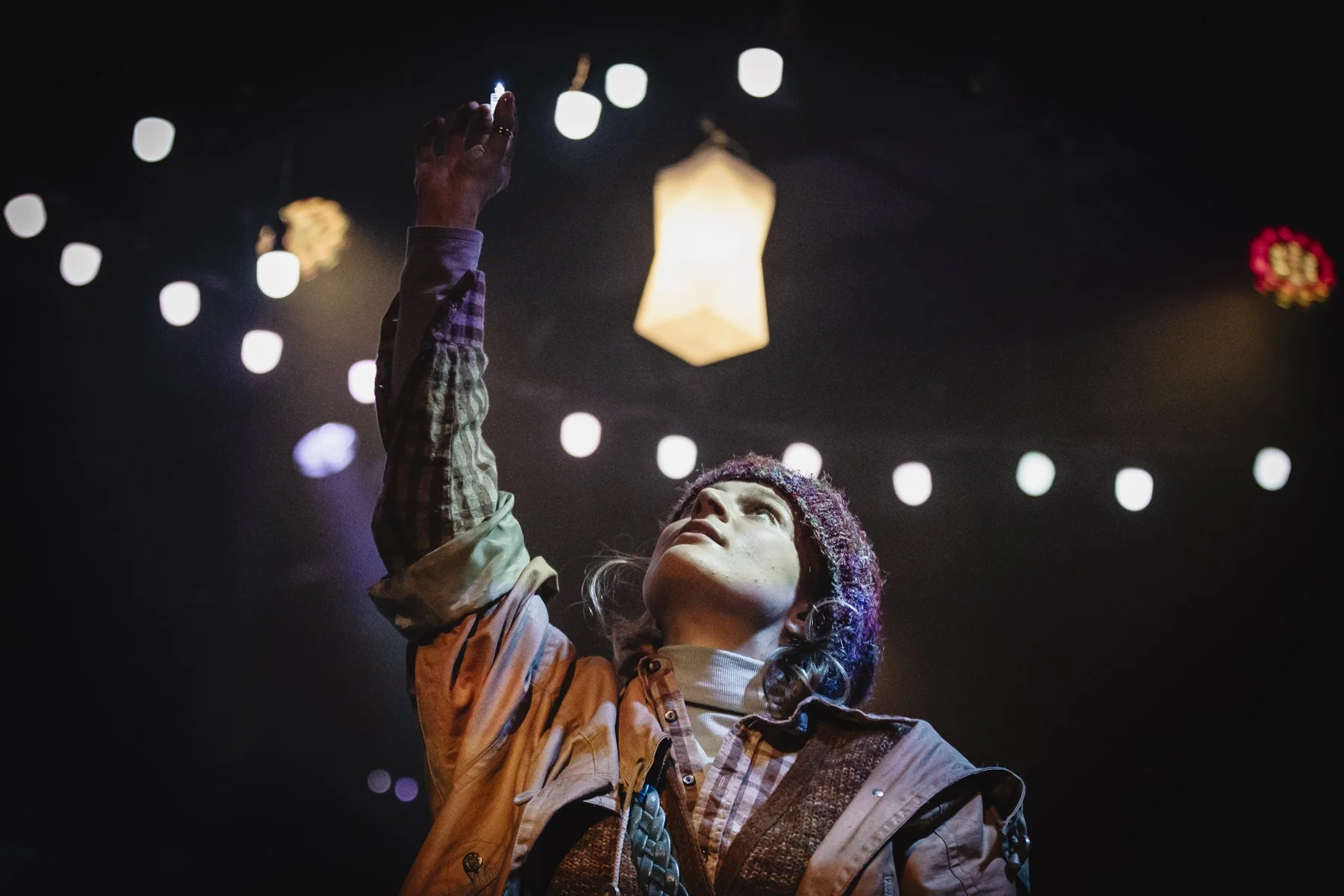Sexual Harassment: What is it, How Do I Report it and Where Can I Get Help?
Note: The following article contains discussion of sexual misconduct, which some readers may find upsetting.
Ballet West, a leading Scottish ballet school, announced its closure on Monday 17th August following allegations of sexual misconduct. The Argyll based boarding school, which cost £9,000 per year to attend, revealed that a liquidator has now been appointed, who will manage the school’s financial affairs.
The closure follows an ITV investigation earlier in August, where it was alleged that the school’s vice-principal, Jonathan Barton, had been involved in inappropriate sexual behaviour.
Vice principal’s inappropriate behaviour
In the investigation, more than 60 women gave their accounts of the teacher’s inappropriate behaviour, which they claimed had been going on between 2004 and 2018. These women included staff, parents, and former pupils and several former students said that Barton had groomed them as teenagers.
Johnathan Barton, who is the son of the school’s founder, Gillian Barton, denied these claims. He then resigned from his position as Ballet West’s vice-principal. Inquiries into these allegations are ongoing.
Not a one-off case
Unfortunately, women experiencing sexual misconduct is not a rare case. According to several national US surveys, one in four women have experienced rape or attempted rape in their lifetimes.
In addition, one in eight people have had someone “threaten to post and/or post sexually explicit images of them without their consent” according to a 2017 study by the Cyber Civil Rights Initiative (CCRI), with women twice as likely to be victims of this than men.
Younger people are more likely to be victims of sexual assault. A study by RAINN (Rape, Abuse & Incest National Network) revealed that 69 percent of all sexual assault victims are between the ages 12 to 34.
The #MeToo Movement
So what can we do about this? Starting the conversation and spreading awareness of sexual misconduct is an important first step.
The #MeToo movement gained global recognition in 2017 when people began using it to tweet about the Harvey Weinstein abuse allegations. The movement helped to spark a global conversation about sexual misconduct and revealed how widespread sexual abuse and sexual harrassment really are. It also encouraged survivors to come forward and tell their stories.
Today, there are hundreds of organisations working together to end sexual violence.
You can find out more about these organisations - and how you can get involved - on the MeToo website.
What counts as sexual harassment and how can I report it?
Sexual harassment can take many different forms, but is officially defined as ‘unwanted conduct of a sexual nature’.
According to the UK government, this can include:
Sexual comments, such as: telling sexual stories, making lewd comments, making sexual remarks about clothes and appearance and calling someone sexualised names
Sexual “jokes” or taunting
Physical behaviour, such as: deliberately brushing against someone, interfering with someone’s clothes and displaying pictures, photos or drawings of a sexual nature
Online sexual harassment
Non-consensual sharing of sexual images and videos
Sexualised online bullying
Unwanted sexual comments and messages, including on social media
Sexual exploitation, including coercion and threats.
Their advice continues by saying that: “Sexual abuse is having or attempting to have sexual contact with another individual by force, threat of force or corecive conduct, without consent or where that individual is incapacitated.
Reports of sexual harrassment and sexual abuse will be kept completely secure and confidental. Under section one of the Sexual Offences Act, 1992, an individual reporting a sexual offence is granted anonymity from the moment that a complaint is made, meaning that you will not be identified in any way.”
If you think you’ve been the victim of sexual harassment, whether in education, the workplace, or anywhere else, there are several ways to report it:
Report it directly to the Police
You can either visit a police station, report online or call 101. The metropolitan police give details about these methods on their website.
Visit a Haven
The Havens are specialist centers in London for victims of rape and serious sexual assult. They can provide medical help and emotional support in confidence. They also offer urgent telephone support and appointments where they can offer you advice.
Their advice line is open 24 hours a day, 7 days a week: 020 3299 6900
Provide information anonymously through Crimestoppers
Crimestoppers allows you to report an innocent anonymously. They won’t ask for your personal information and will not track your device.
You can contact them either through their website or by calling 0800 555 11.
Charities and organisations to help survivors
If you’ve been the victim of sexual harassment or abuse, there are plenty of resources available to support you.
Victim support
Victim Support is a charity that offers free and confidential support for anyone affected by crime. They help victims, witnesses, friends, family and anyone else who has been impacted.
Rape Crisis
Rape Crisis offer confidential advice, help and support (both online and offline) and a range of Rape Crisis Centres around the UK.
Galop
Galop is a UKl charity that provides advice and support to members of the LGBT community who have encountered sexual misconduct.
Refuge
Refuge supports women, children and men with a range of services, including refuges, independent advocacy, community outreach and culturally specific services.
Women’s Aid
Women’s Aid is a national charity working to end domestic abuse against women and children and helping victims of violence and abuse.
If you have been affected by the issues raised in this article, you can access guidance and support from Rape Crisis England and Wales via their website (www.rapecrisis.org.uk) or by calling the National Rape Crisis Helpline (0808 802 9999).
Help us keep the City Girl Network running by supporting us via Patreon for the price of a cheap cup of coffee- just £2 a month. For £3 a month you can also get yourself a Patreon exclusive 10% off any of our ticketed events! You can also support us by following us on Instagram, and by joining our City Girl Network (city wide!) Facebook group.
By Chloe Lane















